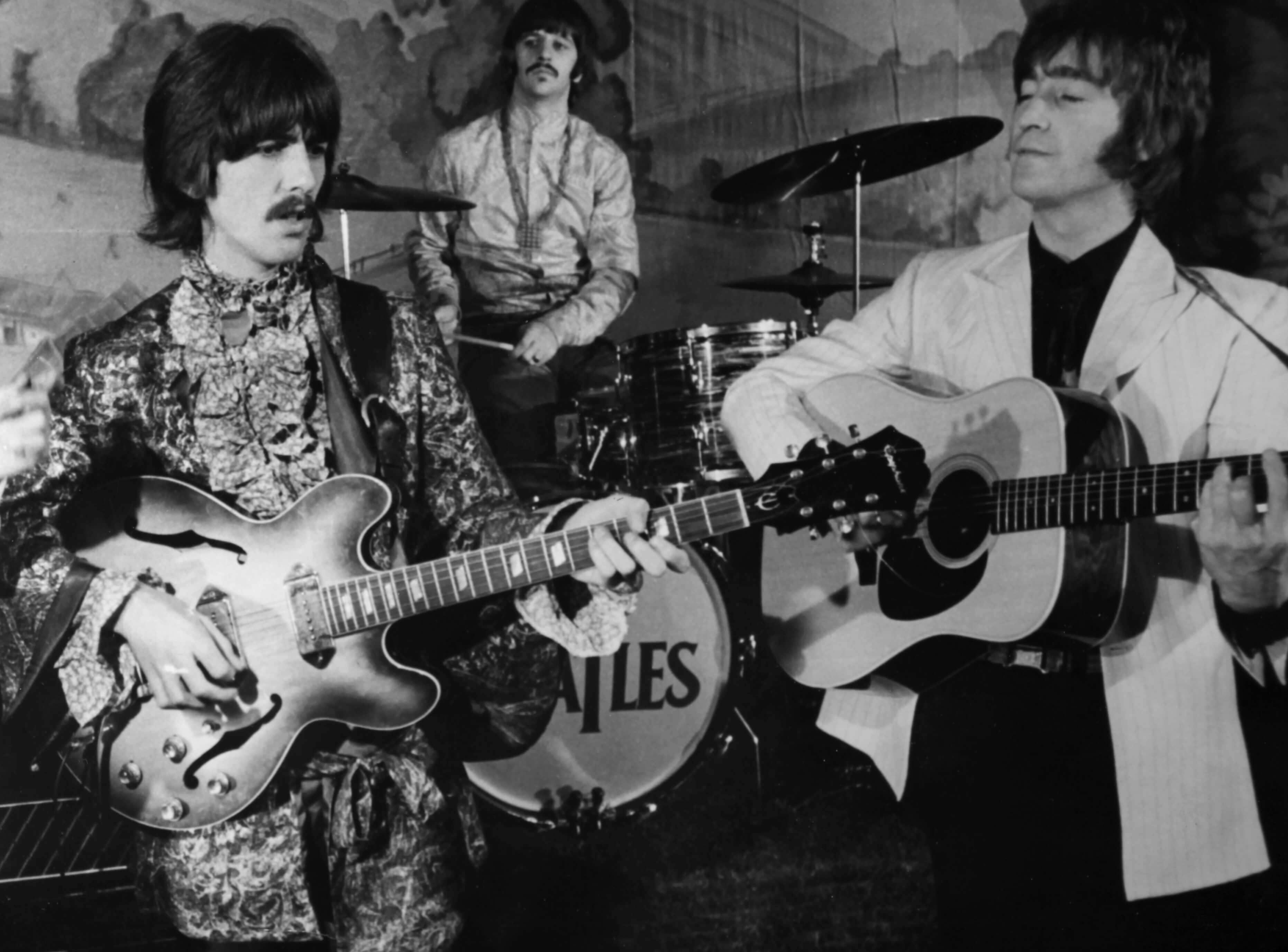
Why The Beatles’ ‘Tomorrow Never Knows’ Is Their Best Song
TL;DR:
- The Beatles’ “Tomorrow Never Knows” sounds like the sort of song Gautama Buddha would write.
- The tune’s strange mix of sounds makes it sound like a spiritual journey.
- The tune appeared on the album Revolver, which hit No. 1 in the United States and the United Kingdom

The Beatles‘ “Tomorrow Never Knows” was not one of the band’s bigger songs. It wasn’t even a single. However, that doesn’t change the fact that it was the Fab Four’s finest achievement.
The Beatles’ ‘Tomorrow Never Knows’ is more high-minded than many other Fab Four songs
The Beatles produced countless songs about usual pop topics like love and heartbreak. In addition, they also gave us more novel songs about subjects like submarines, octopuses, and truffles. However, “Tomorrow Never Knows” is a little more high-minded. This is a song about an attempt to achieve enlightenment.
That’s a lofty topic for a song but “Tomorrow Never Knows” does an excellent job tackling it. The opening line “relax, turn off your kind, and float downstream” was cribbed from guru Timothy Leary and it sounds incredible. If Gautama Buddha wrote a pop song, it would have a line like that.
The song shows how much The Beatles matured since ‘I Want to Hold Your Hand’
The other element of “Tomorrow Never Knows” that makes it great is its instrumentation. The Beatles drew from Indian classical music in several of their songs, like “Within You Without You,” “Norwegian Wood (This Bird Has Flown),” and “Love You To.” “Tomorrow Never Knows” combines Indian sounds with a strange droning that makes it sound otherworldly. Even if you aren’t religious or spiritual, “Tomorrow Never Knows” does a great job sounding like a spiritual journey. That’s interesting considering it came from the same songwriter who gave us “Imagine,” one of the most famous songs criticizing religion.
The last great element of “Tomorrow Never Knows” is its musical eclecticism. The mix of guitar, sitar, Hammond organ, and electronica creates an assaultive Wall of Sound that has never been matched. While the Fab Four started out making cute bubblegum songs like “I Want to Hold Your Hand,” “Tomorrow Never Knows” shows they reached a level of musical maturity to which some bands couldn’t aspire.
How ‘Tomorrow Never Knows’ and ‘Revolver’ performed on the charts
“Tomorrow Never Knows” was never a single, so it didn’t chart on the Billboard Hot 100. The tune appeared on the album Revolver, which reached No. 1 on the Billboard 200 for six weeks. That album spent a total of 94 weeks on the chart.
According to The Official Charts Company, “Tomorrow Never Knows” didn’t chart in the United Kingdom either. Meanwhile, Revolver reached No. 1 there for seven weeks. It remained on the chart for 34 weeks in total.
The tune inevitably inspired covers by artists including 801 and Oasis. The Chemical Brothers’ “Setting Sun” also has quite a few similarities to “Tomorrow Never Knows.”
“Tomorrow Never Knows” is a classic among classics and it deserves a lot more attention on classic rock radio.


